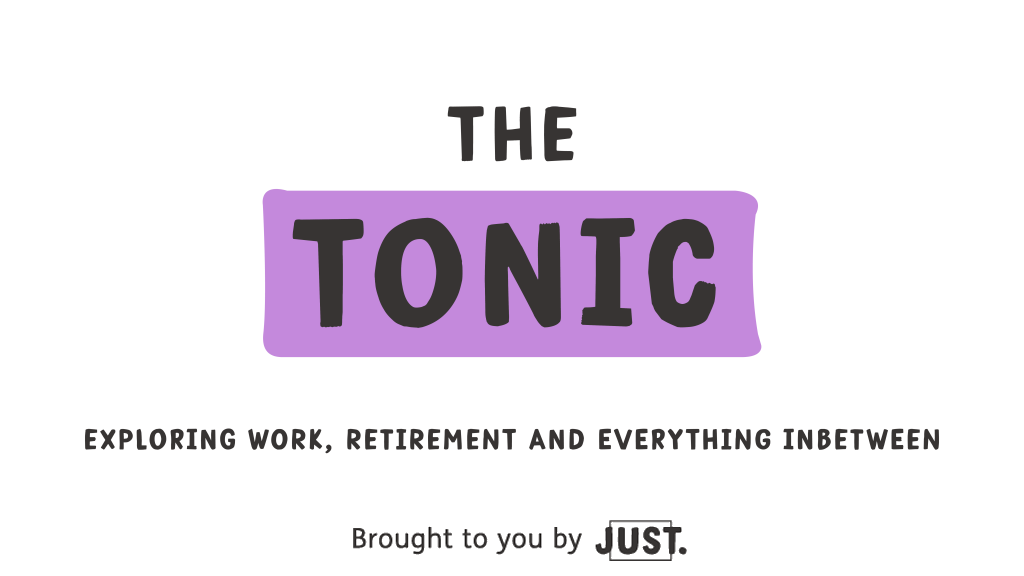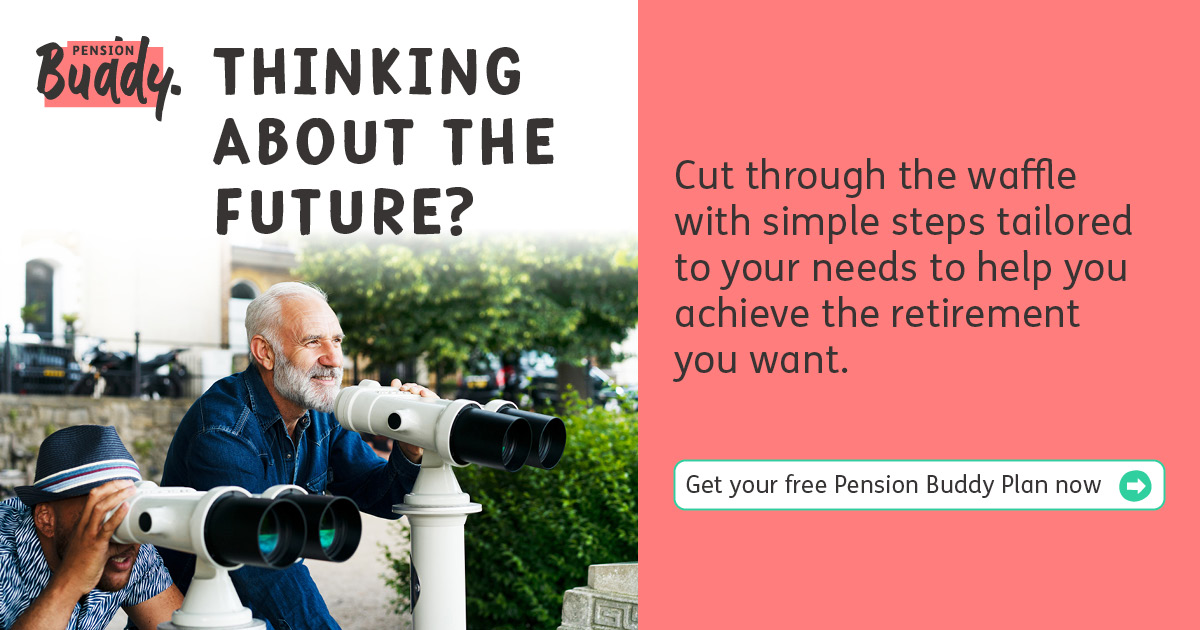Georgia Lewis recounts her experience of medical gaslighting by overstretched staff
Most of us are not doctors or nurses, but many of us are in touch with our bodies enough to know when the medical advice we’re getting is wrong. So what do you do if you feel your medic is gaslighting you?
When I was 25, I had a ridiculous fall in a Sydney greengrocer – not on a banana skin – resulting in a small fracture to my L5-S1 vertebrae. Fortunately, I was referred to a neurosurgeon who prescribed physiotherapy, rather than being in a rush to brutally cut me open.
Over the years, I had twinges of pain, but nothing that affected my quality of life. I continued with my misspent 20s. Moved to the Middle East, got married, moved to London, my passport filled with stamps, life was (and is) good.
Then the back problems came back
In February this year, I started getting intense pain around the damn L5-S1 again. Like the horror movie creature that can’t quite be killed off, the pain was back with a vengeance, 22 years later. It was only a matter of time. I’d put on a bit of weight. I hadn’t been as active as I should be. I spend hours at my desk.
Like the horror movie creature that can’t quite be killed off, the pain was back with a vengeance, 22 years later.
It felt like my lower back was being compressed. Sitting down for too long was uncomfortable. Standing and walking around helped, until my club feet and arthritic ankle and knees started aching, for I am an orthopaedic nightmare.
Because of my medical history, I knew that something was not right, especially as I kept needing to pee. Dr Google warned of cauda equina syndrome, which requires emergency surgery to avoid paralysis.
I called the GP and got an emergency telephone appointment – the doctor advised me to go to A&E in case it was cauda equina syndrome and offered to call an ambulance. Instead, I got my husband to drive me. En route, I picked up a letter from the GP advising that a scan “might” be necessary.
“Might” turned out to be a word used against me by my local hospital, a hospital that I had campaigned to keep open.
A&E tripping
At A&E, I was swiftly triaged. A friendly nurse gave me codeine for the pain and a blood test to rule out infection. I was moved mercifully quickly to the second waiting room. So far, so good, until a junior doctor called my name from behind his mask.
From the time we sat down in a cubicle, I got the impression that he wasn’t listening and wanted me out of his hair. When I tried to explain my medical history, he seemed uninterested and kept interrupting me. When I suggested that a scan might be a good idea, he fobbed me off.
…he wasn’t listening and wanted me out of his hair. When I tried to explain my medical history, he seemed uninterested and kept interrupting me.
He conducted a rectal examination, which is not my idea of fun, but is necessary to check for possible cauda equina. He asked me if I had a full bladder. I told him no, but he tried to do a bladder ultrasound anyway. A very confused nurse looked baffled at my empty bladder on the screen. Our eyes rolled in unison when the doctor announced that my bladder was indeed empty. No shit, Sherlock. So, I drank a load of water.
Another ultrasound confirmed my bladder was full and I was allowed to go to the loo. Weirdly, the junior doctor decided not to do the post-pee scan to confirm my bladder had properly emptied, even though this is how effective bladder function is confirmed and cauda equina can be ruled out. Again, I suggested a scan. The junior doctor said he’d speak to a consultant and sent me back to the waiting room.
The diagnosis
In between WhatsApping increasingly frustrated updates to my husband, I googled private MRI scans – £250 seemed to be the going rate. I have £250, I thought to myself.
Finally, the doctor called my name again. Instead of going into a cubicle for a modicum of privacy, he started chatting to me in a busy corridor, handed me a prescription for an alarming cocktail of Tramadol and Amitriptyline, like Gran secretly handing you a fiver in the hallway.
I felt like a neurotic, hysterical middle-aged woman who was wasting his time.
He told me to get a physiotherapy referral from my GP. I asked again about a scan. He said the consultant agreed that a scan wasn’t necessary. I asked how a physiotherapist would know what to do with me without a diagnosis. He told me it’d be fine and sent me away.
I felt like a neurotic, hysterical middle-aged woman who was wasting his time.
As I waited for my husband to pick me up, I burst into tears in front of the hospital. I looked up Tramadol and Amitriptyline on the NHS website. The website clearly states that “it’s possible to become addicted to Tramadol, but your doctor will explain how to reduce those risks,” and that neither drug is suitable for people with a history of seizures. Guess who had childhood epilepsy? Yep. Me. Guess who was not asked about a history of seizures or warned of addiction risks during the dismissive corridor conversation. Yep. Me again!
Second opinions
The next day, I went to another local A&E department, musing that I was fortunate to live in London, with this access to healthcare. The experience at the second hospital was completely different. The lovely junior doctor gave me the time and space to explain my medical history and my bad experience. He apologised profusely, expressed horror at the prescription and said I did the right thing in seeking a second opinion.
After the previous day’s farcical bladder scan, I swigged another ocean of water so the tests could be conducted properly. Again, I had to endure a rectal examination. Although this time, the junior doctor was professional enough to insist on a female chaperone during the bum-foraging. Then, I was sent to radiology for a scan and X-rays.
So many people might see this doctor in A&E and he might miss more serious conditions.
The good news was that I did not have cauda equina syndrome. The bad news was that 30% of my spinal column had eroded in, you guessed it, the L5-S1 vertebrae. If it gets down to 50% erosion, it’s really serious, so at least it had been spotted before it was too late.
Within a week of getting the much-needed second opinion, I saw a physiotherapist who prescribed exercises that have helped enormously, but I was lucky. So many people would have accepted the words and terrifying prescription from the first doctor as gospel. So many people might see this doctor in A&E and he might miss more serious conditions.
I hid my prostate cancer scare from my wife: Read more
What could’ve been?
If I hadn’t been my own advocate, what might have happened? A serious prescription drug addiction? A resurgence of my childhood seizures? Further spinal column erosion?
I had no beef with anyone at the first hospital, apart from the junior doctor and the faceless consultant. I wanted it known that a diagnosis of spinal erosion was missed. So, I made an official complaint and received an insulting, unsatisfactory response from the hospital trust.
In the email I received, I was told the junior doctor denied my claim that I did not receive sufficient information about the prescriptions for addictive, seizure-inducing drugs. In my complaint, I attached a copy of the GP’s letter that I showed the junior doctor to back up my claim that a scan should have been done. But because the letter said a scan “might” be required, this was interpreted to mean that it wasn’t strictly necessary. I felt like I had fallen down a rabbit hole.
The fact that the scan at the second hospital revealed a serious issue didn’t seem pertinent, and the trust closed ranks. Their response culminated in them letting me know that I could take this matter to the public health ombudsman if I was unsatisfied. And provided me with the wrong postal address. Submissions to the ombudsman now go to an address in Manchester, but I was given a London address. Just as well I looked it up for myself.
My detailed submission to the ombudsman was the end of the line
I received a phone call. I was told that while my experience at the first hospital was not good enough, no further action would be taken, because I had not suffered any permanent damage. The NHS is overstretched, and this has clearly extended into the ombudsman’s office. The person who called me was very apologetic, acknowledged that this was probably not the outcome I wanted. But no more could be done.
This is genuinely terrifying. Where is the culture of prevention? Where is the drive to improve standards and make sure doctors who miss things will learn from mistakes before they put patients in real danger?
For the record, I support the junior doctors’ strikes, 100 per cent. It is a hard, stressful, thankless job and it should be well rewarded. Equally, this means the people who do this important job in our NHS should be exceptional. I truly believe this is the case overall, but when mistakes are made – and this will happen when human beings are tired, overworked or just not bothered – there needs to be accountability, and lessons need to be learned. Nothing is gained by letting it slide if you have a bad experience.
So how can you approach this?
The NHS is not an infallible god. It is an amazing institution made up of dedicated, talented people. But, as is the case with any organisation of real people, real mistakes will happen, including medical gaslighting. Nobody should walk out of a hospital feeling they were not taken seriously. Or that their pain and symptoms were minimised, especially when it results in a diagnosis being missed.
I am lucky enough to live near two major A&E departments, to be unafraid to be that woman who makes a fuss, to be my own best advocate. But it shouldn’t come down to postcodes or luck. Or the sheer force of personality as to whether you get a proper diagnosis or fall through the cracks in the system. Fixing the NHS is complicated, but remedying a complaints process where a trust can close ranks and serious action will only be taken if serious damage is done might be a good place to start.





Add comment